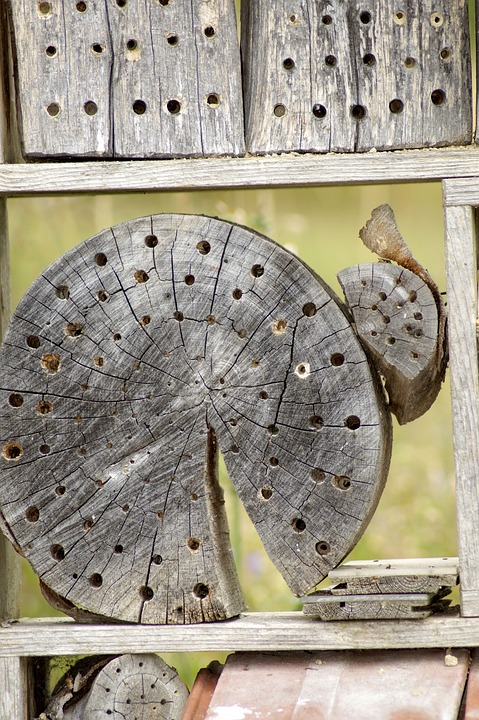As the sun rises and the days grow longer, so too does the sweltering heat of summer, often accompanied by a host of unwelcome guests: pests. Insects like mosquitoes, ants, ticks, and flies not only disrupt our outdoor enjoyment but can also pose threats to our health and well-being. Traditional chemical insecticides may be effective, but they come with concerns about toxicity, environmental impact, and pest resistance. Enter natural bug sprays—an eco-friendly solution that harnesses the power of nature to keep unwanted pests at bay.
The Appeal of Natural Bug Sprays
Natural bug sprays have gained popularity in recent years as consumers become more conscious of the ingredients they expose themselves and their families to. These sprays are made from essential oils, plant extracts, and other naturally derived components. Not only do they offer a safer alternative to synthetic insecticides, but they also embrace a holistic approach to pest control.
1. Safety for Humans and Pets
One of the most significant advantages of natural bug sprays is their safety profile. Unlike many conventional insecticides, which can contain harmful chemicals linked to health issues, natural sprays typically use biodegradable and non-toxic ingredients. This means that homes with children, pets, or individuals with sensitivities to synthetic chemicals can benefit from pest control without putting anyone at risk.
2. Environmental Friendliness
Natural bug sprays are often biodegradable and less harmful to the environment. Many conventional pesticides can contaminate soil and waterways, affecting ecosystems and biodiversity. In contrast, natural sprays are generally derived from renewable resources, making them a more sustainable choice for pest management. By choosing eco-friendly alternatives, consumers can contribute to environmental preservation while effectively managing pest populations.
3. Efficacy Against a Variety of Pests
Natural bug sprays can be surprisingly effective against a range of pests. Ingredients like citronella, peppermint oil, eucalyptus, and neem oil have insect-repelling properties that provide protection without harsh chemicals. These compounds disrupt the sensory receptors of insects, making them less likely to approach treated areas.
-
Mosquitoes: Oils like citronella and lemongrass are well-known natural repellents against mosquitoes. They mask the scent of human skin and an array of chemicals that attract these pests.
-
Ants and Roaches: Diatomaceous earth, a natural powder made from fossilized algae, can be sprinkled in areas where ants or roaches are prevalent. The diatomaceous earth dehydrates the pests, eliminating them without toxic residues.
- Ticks: Essential oils such as lavender or rosemary have been shown to deter ticks effectively, allowing for safer outdoor excursions, particularly in wooded areas.
4. Harmonizing with the Ecosystem
Using natural bug sprays promotes a balanced approach to pest management. Many natural products target specific pests while allowing beneficial insects—like bees and ladybugs—to thrive. This holistic view is crucial for maintaining a healthy ecosystem, as pollinators play a vital role in food production and biodiversity.
5. Attractiveness of DIY Options
For those who are inclined towards a hands-on approach, creating DIY natural bug sprays can be a fun and rewarding project. Simple recipes can be made with household ingredients, such as:
-
Essential Oil Repellents: Combine witch hazel or vinegar with water and a few drops of essential oils such as lemon eucalyptus, patchouli, or tea tree oil to create a refreshing and effective bug spray.
- Herbal Infusions: Infuse herbs like mint, rosemary, or garlic in water to create a natural deterrent. These sprays can be stored in a spray bottle and applied as needed.
The Future of Pest Control
As the demand for more sustainable and health-conscious pest solutions continues to rise, the market for natural bug sprays is likely to expand further. Advances in agricultural research and product formulation will lead to even more effective and diverse options. Additionally, consumers are increasingly educated about their choices, seeking out products that align with their values regarding personal health and environmental stewardship.
In conclusion, natural bug sprays offer a powerful, safe, and eco-friendly alternative to traditional pest control methods. By embracing the wisdom of nature, we can enjoy our gardens, backyards, and outdoor spaces without the worry of harmful chemicals. As we strive to protect our homes and loved ones from pests, let’s remember that often, the best defense is found in nature itself.
